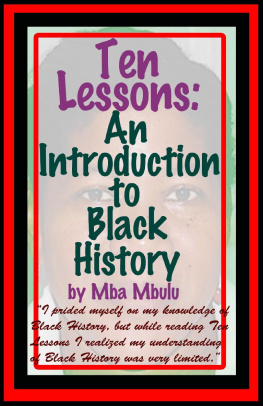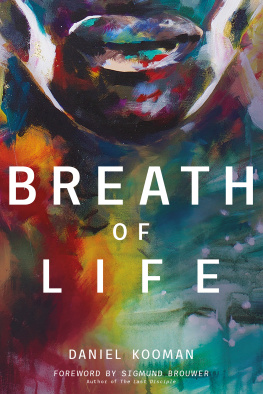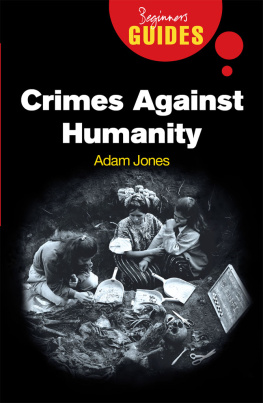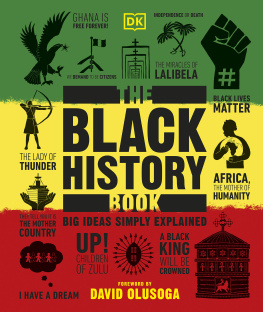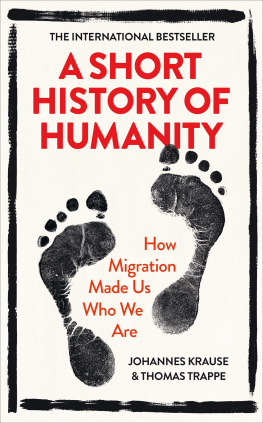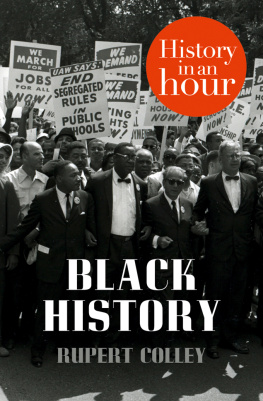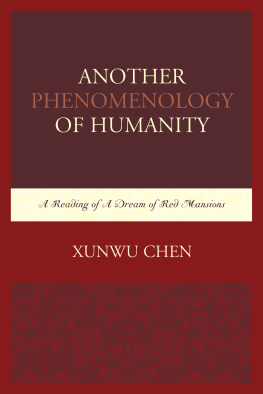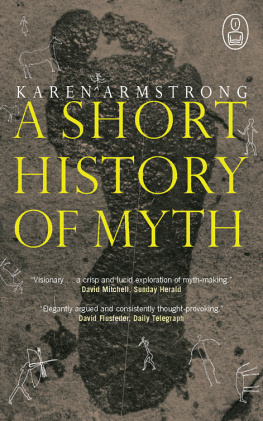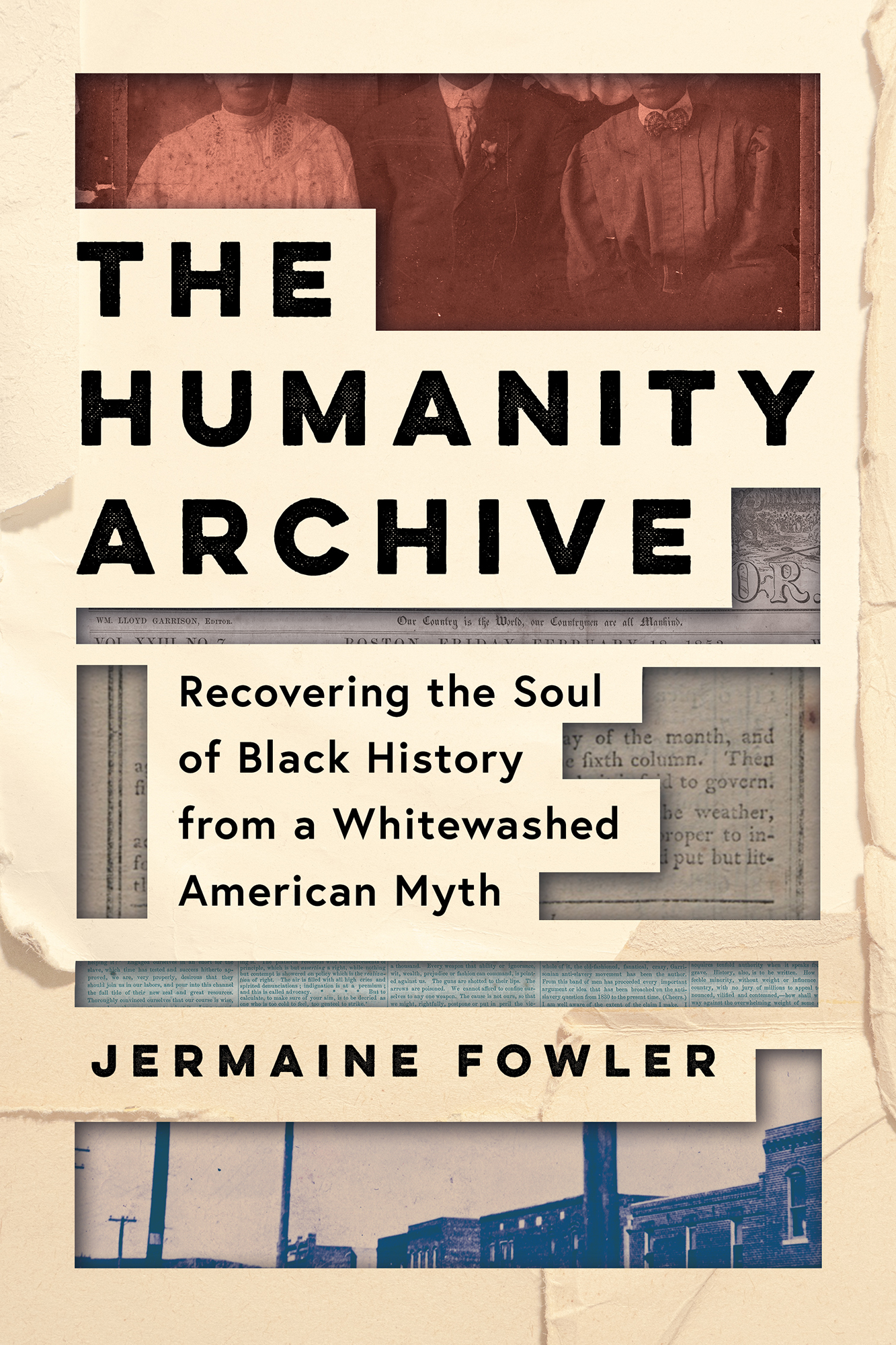Contents
Guide
The Humanity Archive
Recovering the Soul of Black History from a Whitewashed American Myth
Jermaine Fowler
For Amora and Jacari.
And anyone who has lost themselves in stories to find out who they are.
Copyright 2022 by Jermaine Fowler
Row House Publishing recognizes that the power of justice-centered storytelling isnt a phenomenon; it is essential for progress. We believe in equity and activism, and that booksand the culture around themhave the potential to transform the universal conversation around what it means to be human.
Part of honoring that conversation is protecting the intellectual property of authors. Reproducing any portion of this book (except for the use of short quotations for review purposes) without the expressed written permission of the copyright owner(s) is strictly prohibited. Submit all requests for usage to .
Thank you for being an important part of the conversation and holding sacred the critical work of our authors.
Library of Congress Cataloging-in-Publication Data Available Upon Request
ISBN 978-1-955905-14-5 (HC)
ISBN 978-1-955905-15-2 (eBook)
Distributed by Simon & Schuster
Book design by Aubrey Khan, Neuwirth & Associates, Inc.
Jacket design by Janay Nachel Frazier
Author photo by Ray Davis
There are the stories that made America, and the stories that America made up
PROLOGUE
EVERY FEBRUARY, I THINK BACK on my Black History Month education, when time-strapped teachers hurried to add Black stories to the curriculum, usually settling on Martin Luther King Jr., Harriet Tubman, Frederick Douglass, and George Washington Carver as the honorable representatives of all things great, Black, and historical. I have to imagine, if you sat in a public-school classroom, you learned about Rosa Parks, who ignored the demand to surrender her seat to a white passenger on a crowded bus, because the forty-two-year-old seamstress was tired. As the story goes, an incredulous driver stopped the bus and swiftly called the police, who promptly arrested Parks for violating the racial segregation law. That evening, she spent a couple of uncomfortable hours in a bleak little jail cell, before local civil rights leaders posted her bail. Which was taught to us as though this singular event shifted the moral universe and catalyzed the Civil Rights Movement.
To this and similarly narrow stories, I attached my concept of Black history in America. There it was. An unassuming, bespectacled woman named Rosa Parks stumbled onto a city bus after a long day at her department store job and into the towering arc of American history. A red, white, and blue curve eternally bending toward moral progress. Sensing more to the story, I went to the most logical placethe library. Keep in mind I grew up in the nineties, so my generation was the last group of kids without Wikipedia and Google searches at our fingertips. Library catalogs werent even online yet. To find a book, we sifted through thousands of oatmeal-colored cards lined up in file draws, each alphabetically separated by author, title, and subject. I loved it. The library was like an intellectual smorgasbord. And, yes! I sampled it all. I paced between shelves, ran my fingertips across book spines, peered into forgotten lives, and forged camaraderie with authors dearly departed. Rules are made to be broken; I even folded page corners for bookmarks. The library was clean, warm, and friendly; a welcomed escape from the confrontational, poverty-ridden streets on which I was raised. Oh, yeah, I almost forgot, the genre was biography, the authorN, O, P, Parks. There it is. I grabbed the card out of the drawer and went searching for the book, Rosa Parks: My Story.
Well before her legendary bus face-off, Rosa Louise McCauley Parks was a curious child growing up in in Tuskegee, Alabama, which was brimming in Black history, including that of the Tuskegee Institute (now Tuskegee University). The town was, at the time, the wicked underbelly of sweet-tea-sipping Southern racism. At six years old, Parks watched her grandfather, loaded shotgun in hand, vowing to contest death itself as Klansmen terrorized the Black community. I wanted to see him kill a Ku-Kluxer, she recalled. Far from her reputation as a modest bus passenger, Parks grew up in a deep tradition of self-defense, progressive racial politics, and activism. Her family was connected to the Black nationalist struggle of Marcus Garvey, and she considered Malcolm X a personal hero, marrying a like-minded activist.
I talked and talked of everything I know about the white mans inhuman treatment of the negro, she once said. By 1943, she worked as branch secretary for the Montgomery chapter of the NAACP (National Association for the Advancement of Colored People). Despite her radical leaning politics, she always seemed so centered. Maybe thats why later in life she enjoyed the restorative power of yoga. From there, she spent more than a decade registering voters, counseling youth, fighting fire-breathing segregationists, and investigating racial violence. Some stories haunt, like her interviews with lynching witnesses and sexual assault victims. Recy Taylor and Gertrude Perkins were two of them, both young women abducted and raped by white men. Despite threats of violence if they did not remain silent, they courageously told the story of their traumas. The sworn officers of the judicial system refused to believe them. Side note, or rather a question: Is speaking about these heinous acts too nerve-shattering and too terrible for an adolescent brain? I think not. Isnt it strange that most American children are exposed to violence in their daily lives, yet we seldom give voice to its victims? Whats more, this renders violence meaningless, silence acting like a moral sanction for its continuance.
Parks went to the scene of the crimes. She consoled the victims. She sought out elusive justice. Back in 1963, she descended on Washington with a human tidal wave of more than two hundred thousand civil rights soldiers of all creeds, religions, and colors, who, together, stood under the colossal shadow of the Lincoln Memorial to demand that the nation expand its ideal of the people. Parks almost didnt make it to the National Mall that day. The male-dominated Southern Christian Leadership Conference was progressive on civil rights, but deeply conservative in its treatment of women. The leaders planned to march them in a separate, segregated procession and disallow them to speak to the masses at the podium. Parks would have none of it. She protested, only joining the march when the leadership reversed its decision.
Far from a singular moment, Parkss life embodied a journey made for a great cause. To oversimplify that life estranges her from a civil rights movement beginning in the mid-1700s. It severs her ties to a prolonged Black history of dissent. It cuts her off from a continuum of confrontation and cleaves her from a legacy of heroes who fought the juggernaut of legalized segregation. She was but one in a steady line of Black people to use civil disobedience on public transportation as an act of freedom. Freedom! Elizabeth Jennings Graham. Ida B. Wells-Barnett. Freedom! Barbara E. Pope. Ellen Harris. Sarah Louise Keys. Claudette Colvin. Aurelia S. Browder. Freedom! Their names read like poetry. A rhythmic meter against injustice. They rebelled on streetcars, objected on trains, and opposed on buses. They broke criminal laws, abiding instead by moral ones. For Black people, the lives of our grandfathers and great-great-grandmothers and those before them were shaded by segregated experiences. Well never know exactly how most of them fought for equality, but when they did, they became part of an extraordinary tradition. I wasnt tired, Parks once recalled. No, the only tired I was, was tired of giving in.


